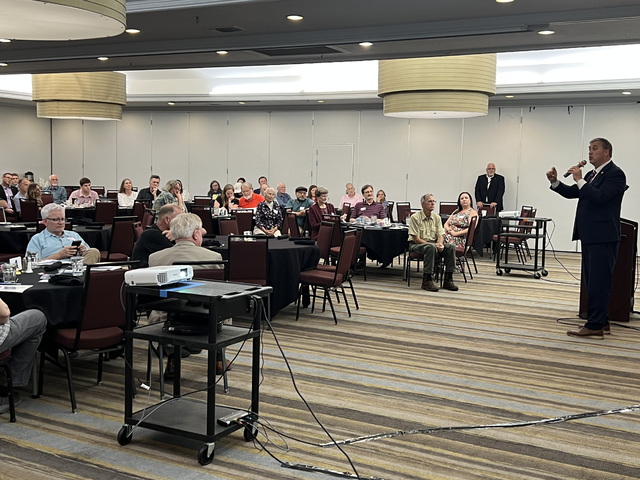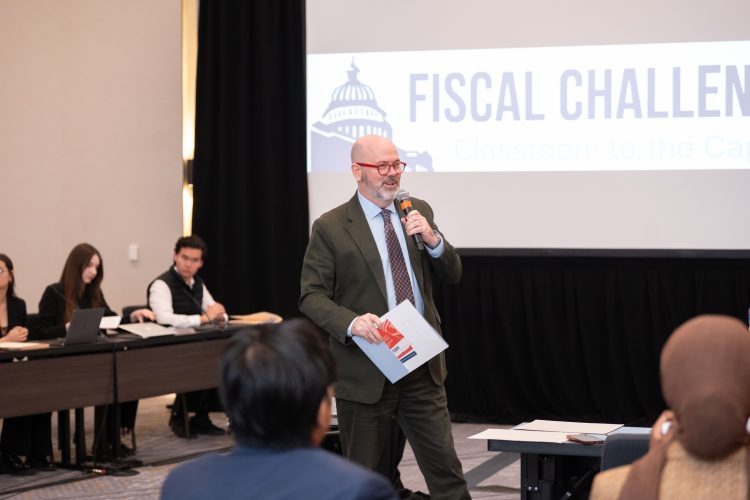Tonight’s vice presidential debate and next Sunday’s presidential debate offer more opportunities for the Democratic and Republican campaigns to put some much-needed focus on the growing federal debt and related issues such as tax and entitlement reform.
Unfortunately, the debt was a “no-show” at the first presidential debate, as noted last week by Concord Coalition Executive Director Robert L. Bixby. Only passing references were made to the debt even though the first segment of that debate was dedicated to achieving prosperity — a goal that currently projected federal borrowing over the long term will hinder.
The budget deficit is projected to rise for the first time since 2009, going from $438 billion (2.5 percent of GDP) in 2015 to $590 billion (3.2 percent of GDP) in the fiscal year that ended Friday. Projections indicate this upward trend will continue under current law, with the deficit reaching $1.2 trillion (4.6 percent of GDP) in 2026.
Earlier last month, Concord released an open letter to Hillary Clinton and Donald Trump urging them to publicly discuss what, if anything, they planned to do about the debt and related problems such as the strains being placed on the budget by the growth of Medicare and Social Security.
“The Concord Coalition,” the letter said, “respectfully asks both of you to detail what you intend to recommend that Congress do to put our federal government’s borrowing, spending and tax policies on a sustainable course.”
External links:
Debt Is a No-Show at First Debate (Concord)
An Open Letter to Hillary Clinton and Donald Trump (Concord)
Schedule and Formats for 2016 Presidential Debates (Commission on Presidential Debates)
Continue Reading











